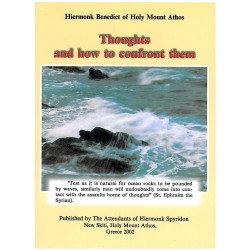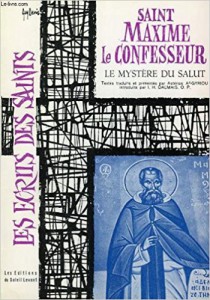
The Treatise de Spiritu Sancto. The Nine Homilies of the Hexaemeron and the Letters of Saint Basil the Great
St. Basil “the Great” was born circa 330 in Caesarea of Cappadocia, he was one of the Cappadocian Fathers along with St. Gregory of Nazianzus (“the Theologian,” c. 329-389) and St. Gregory of Nyssa (c. 330-395), and who are best known for developing and perfecting the Trinitarian theology of St. Athanasius the Great (c. 295-373). St. Basil was a theologian and intellectual of the first order, but was also a consummate ecclesiastical statesman, organizer and liturgist. His work “The Treatise De Spiritu Sancto”, includes the nine homilies of the Hexaemeron and his letters, and provides not only Basil’s commendation of his younger brother in the ministry, but it also gives the information that it was because of a request of Amphilochius for clear instruction on the Holy Spirit that Basil determined to write this treatise. The first part of the work deals with the controversial doxologies: the one used by Basil was ‘Glory to the Father with the Son and the Holy Spirit’ and the other one was ‘through the Son in the Holy Spirit’, and thus on the importance of the Father, Son and the Holy Spirit. The whole treatise was developed around this central problem. At the same time chapter 10 and the following, range much more widely than the issue of the doxologies and go into the whole set of problem which had been raised by the Pneumatomachians [Heretical sect: They denied the divinity of the Holy Spirit] Through his letters and homilies Basil expounded there in a thorough way the significance of the praise of God and also refuted the reproach of tritheism [the doctrine of or belief in the three persons of the Trinity as three distinct gods]: they comprise short theological treatises and contain passages of historical and varied biographical interest, as well as valuable specimens of spiritual and consolatory exhortation. The Hexaemeron was added as being the most noted and popular of St. Basil’s compositions in older days, and as illustrating his exegetic method and skill, and his power as an extempore preacher.


